Home>Home Appliances>Laundry Appliances>Who Can Fix A Washing Machine
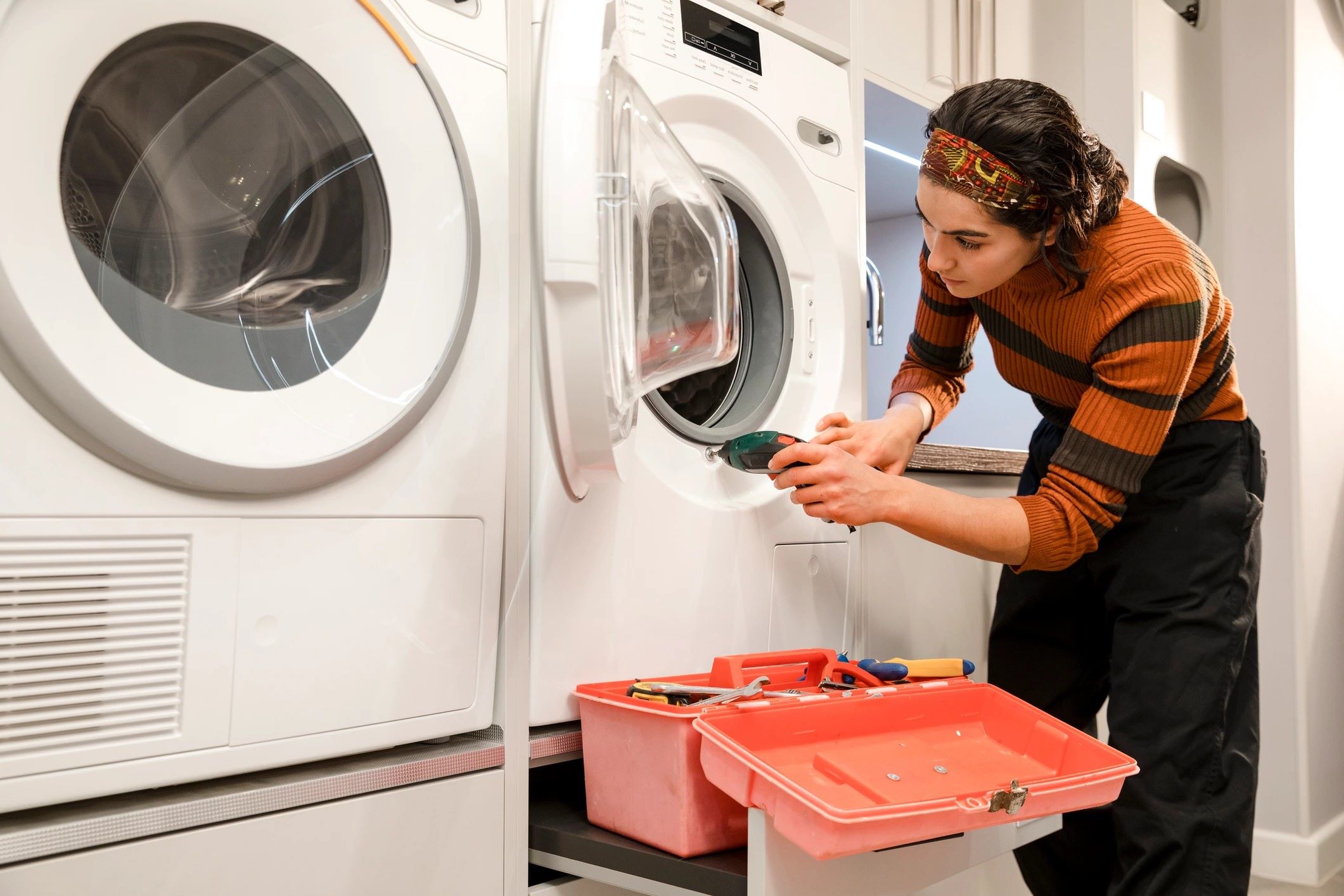

Laundry Appliances
Who Can Fix A Washing Machine
Modified: March 2, 2024
Looking for expert help with laundry appliances? Find out who can fix a washing machine and get your laundry routine back on track with professional assistance.
(Many of the links in this article redirect to a specific reviewed product. Your purchase of these products through affiliate links helps to generate commission for Storables.com, at no extra cost. Learn more)
Common Washing Machine Problems
Washing machines are essential appliances in modern homes, but they are not immune to problems. Understanding the common issues that can arise with washing machines can help you identify and address them promptly, ensuring that your laundry routine remains uninterrupted. Here are some of the most prevalent washing machine problems:
-
Leaking: A leaking washing machine can lead to water damage in your laundry area. Leaks often occur due to damaged door seals, clogged drain hoses, or issues with the water inlet valves.
-
Excessive Noise: Unusual noises during the wash or spin cycle can indicate underlying issues such as worn-out bearings, loose belts, or foreign objects trapped in the drum.
-
Failure to Drain: If your washing machine fails to drain properly, it could be due to a clogged pump filter, obstructed drain hose, or a malfunctioning drain pump.
-
Drum Not Spinning: A washing machine's drum that refuses to spin can be caused by a broken drive belt, faulty motor, or issues with the lid switch.
-
Foul Odors: Lingering odors in your washing machine can be attributed to the accumulation of mold, mildew, and detergent residue. This can result from infrequent cleaning or using excessive detergent.
-
Inadequate Water Supply: Insufficient water supply during the wash cycle may stem from clogged inlet screens, faulty water inlet valves, or low water pressure.
-
Electrical Issues: Washing machines may experience electrical problems, such as tripped circuit breakers, faulty wiring, or issues with the control board, leading to operational disruptions.
-
Excessive Vibration: Excessive vibration during the spin cycle can be caused by an unbalanced load, leveling issues, or worn-out shock absorbers.
Understanding these common washing machine problems empowers you to troubleshoot minor issues on your own or communicate effectively with a professional repair service. By promptly addressing these issues, you can extend the lifespan of your washing machine and ensure the efficiency of your laundry routine.
Key Takeaways:
- DIY repairs can fix common washing machine issues like leaks and excessive noise. But for complex problems, electrical issues, or safety concerns, it’s best to call a professional to prevent further damage.
- When choosing a washing machine repair service, look for a reputable provider with experience, transparent pricing, and genuine replacement parts. Prioritize quality, reliability, and professionalism for long-lasting appliance performance.
Read more: Who Fix Washer And Dryers
DIY Washing Machine Repairs
When faced with a malfunctioning washing machine, the prospect of DIY repairs can be both empowering and cost-effective. However, it's crucial to approach these repairs with caution and a basic understanding of the appliance's mechanics. Here are some common washing machine issues that you can potentially address on your own:
1. Leaking
- DIY Fix: Inspect the door seal for tears or damage. If found, replacing the seal can resolve the leakage. Additionally, check the drain hose for clogs or kinks, ensuring proper drainage.
2. Excessive Noise
- DIY Fix: Tighten loose belts and remove any foreign objects lodged in the drum. Worn-out bearings may require replacement, which can be a more complex task.
3. Failure to Drain
- DIY Fix: Clear any debris from the pump filter and ensure the drain hose is free from obstructions. If the issue persists, the drain pump may need to be examined and potentially replaced.
Read more: Who Made The First Washing Machine
4. Drum Not Spinning
- DIY Fix: Inspect the drive belt for damage and replace if necessary. Additionally, check the lid switch for faults that may impede the spinning function.
5. Foul Odors
- DIY Fix: Run a hot water cycle with vinegar to eliminate mold and mildew buildup. Regularly cleaning the detergent dispenser and door seal can prevent future odors.
6. Inadequate Water Supply
- DIY Fix: Clean the inlet screens to remove any blockages. If the water inlet valves are faulty, they may need to be replaced by a professional.
7. Electrical Issues
- DIY Fix: Check for tripped circuit breakers and ensure the washing machine is properly connected to a power source. If wiring issues are suspected, it's advisable to seek professional assistance.
Read more: Who Sells Kenmore Washer And Dryers
8. Excessive Vibration
- DIY Fix: Ensure the washing machine is level by adjusting its feet. Distribute the load evenly within the drum to minimize vibration during the spin cycle.
Before embarking on any DIY repairs, always refer to the manufacturer's manual for guidance and safety precautions. Additionally, be mindful of your comfort level and the complexity of the issue. When in doubt, consulting a professional washing machine repair service can prevent potential damage and ensure the longevity of your appliance.
When to Call a Professional
While DIY repairs can be a practical approach for addressing minor washing machine issues, certain circumstances warrant the expertise of a professional repair service. Recognizing when to call a professional can prevent further damage to the appliance and ensure comprehensive resolution of complex problems. Here are key indicators that it's time to seek professional assistance:
-
Complex Mechanical Faults: If your washing machine exhibits intricate mechanical issues such as motor failure, transmission problems, or extensive drum malfunctions, it's advisable to enlist the expertise of a professional technician. These complex components often require specialized knowledge and tools to diagnose and repair effectively.
-
Electrical Complications: When faced with electrical malfunctions such as persistent tripping of circuit breakers, erratic control panel behavior, or suspected wiring faults, it's crucial to engage a professional. Electrical repairs demand a thorough understanding of safety protocols and technical expertise to mitigate potential hazards.
-
Warranty Considerations: If your washing machine is still under warranty, opting for professional repairs ensures that the warranty terms are upheld. DIY interventions may void the warranty or compromise the manufacturer's coverage for future issues.
-
Lack of Progress: After attempting DIY troubleshooting without resolving the underlying problem, it's prudent to seek professional assistance. Prolonged unresolved issues can exacerbate the damage and lead to more extensive and costly repairs in the long run.
-
Safety Concerns: Any situation that poses safety risks, such as persistent leaks, smoking or burning odors, or unusual mechanical sounds, necessitates the immediate involvement of a professional repair service. Prioritizing safety by engaging experts is paramount in preventing accidents and ensuring the well-being of household members.
-
Specialized Tools and Parts: Repairs involving specialized tools, diagnostic equipment, or replacement parts that are not readily accessible to consumers often require the expertise of a professional repair service. Technicians are equipped with the necessary resources to efficiently address these specific requirements.
-
Time and Convenience: When time constraints or personal commitments limit the availability to perform extensive repairs, engaging a professional service can provide a convenient and time-saving solution. Professional technicians can efficiently diagnose and resolve issues, minimizing disruptions to your daily routine.
By recognizing these scenarios that warrant professional intervention, you can make informed decisions regarding the maintenance and repair of your washing machine. Seeking timely professional assistance ensures the effective restoration of your appliance's functionality and prolongs its operational lifespan.
Choosing the Right Washing Machine Repair Service
Selecting the appropriate washing machine repair service is a pivotal decision that directly impacts the efficiency and longevity of your appliance. With numerous repair providers vying for your attention, it's essential to consider several factors to ensure that you entrust your washing machine to a reputable and competent service. Here's a comprehensive guide to help you navigate the process of choosing the right washing machine repair service:
-
Reputation and Experience: Prioritize repair services with a proven track record of reliability and expertise in handling washing machine repairs. Research customer reviews, testimonials, and ratings to gauge the reputation of the service provider. Additionally, inquire about the experience and training of their technicians to ensure they possess the requisite skills to address diverse washing machine issues competently.
-
Licensing and Certification: Verify that the repair service holds the necessary licenses and certifications, indicating compliance with industry standards and regulations. Accredited technicians and a licensed establishment instill confidence in the service provider's professionalism and commitment to quality repairs.
-
Service Guarantees: Opt for repair services that offer comprehensive warranties or service guarantees for their work. A commitment to standing behind their repairs demonstrates the service provider's confidence in their expertise and the quality of the replacement parts used.
-
Prompt Response and Flexibility: Assess the service provider's responsiveness to customer inquiries and their ability to accommodate urgent repair requests. A reliable repair service should demonstrate flexibility in scheduling appointments and strive to address your washing machine issues promptly, minimizing disruptions to your daily routine.
-
Transparent Pricing and Estimates: Seek clarity on the pricing structure and request detailed estimates for the proposed repairs. A reputable repair service should provide transparent and itemized cost breakdowns, ensuring that you are fully informed about the expenses involved before proceeding with the repairs.
-
Genuine Replacement Parts: Inquire about the source of the replacement parts used in the repairs. A trustworthy repair service should prioritize the use of genuine manufacturer-approved parts to maintain the integrity and performance of your washing machine.
-
Customer Service and Communication: Evaluate the service provider's approach to customer service and communication. Clear and courteous communication, along with a customer-centric approach, fosters a positive repair experience and ensures that your concerns are addressed effectively.
-
Referrals and Recommendations: Seek recommendations from friends, family, or neighbors who have previously engaged washing machine repair services. Personal referrals often provide valuable insights into the reliability and professionalism of the repair providers.
By meticulously considering these factors and conducting thorough research, you can make an informed decision when selecting a washing machine repair service. Prioritizing quality, reliability, and professionalism in your choice of repair provider is instrumental in safeguarding the optimal performance and longevity of your washing machine.
Frequently Asked Questions about Who Can Fix A Washing Machine
Was this page helpful?
At Storables.com, we guarantee accurate and reliable information. Our content, validated by Expert Board Contributors, is crafted following stringent Editorial Policies. We're committed to providing you with well-researched, expert-backed insights for all your informational needs.
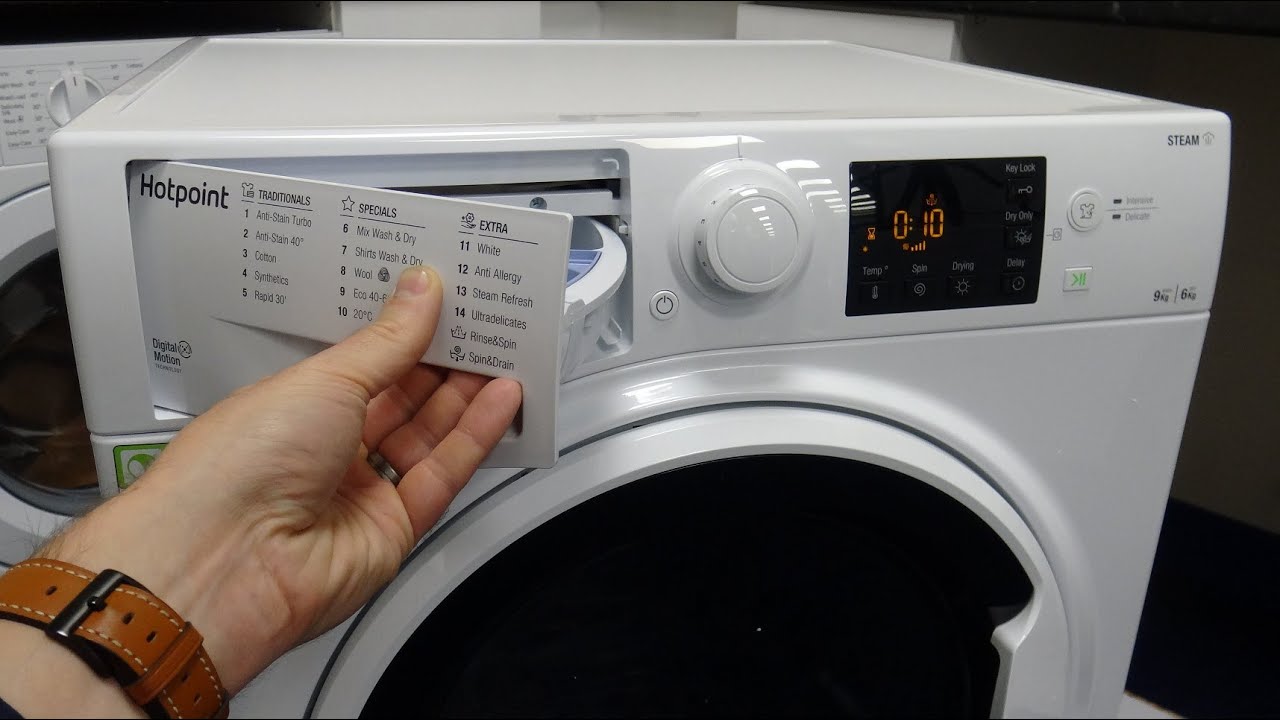
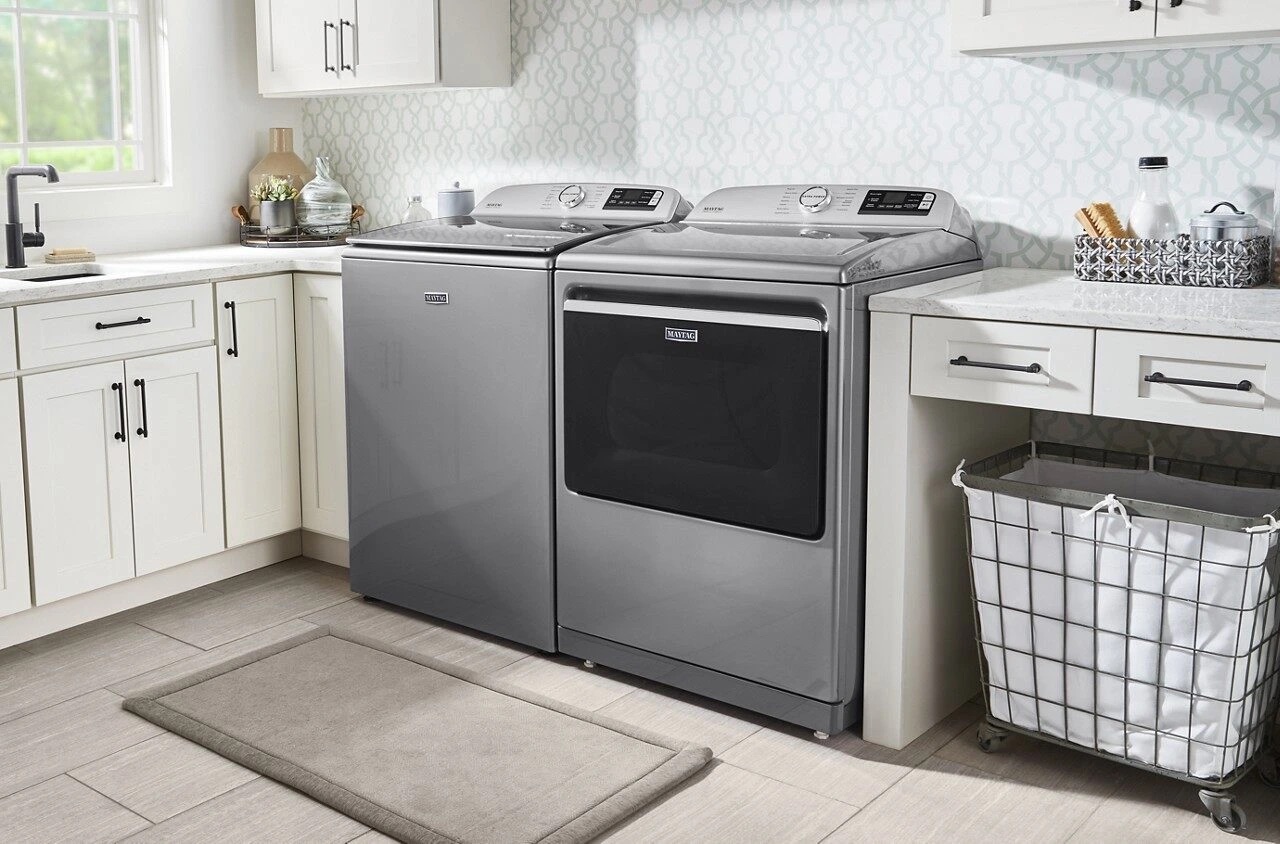
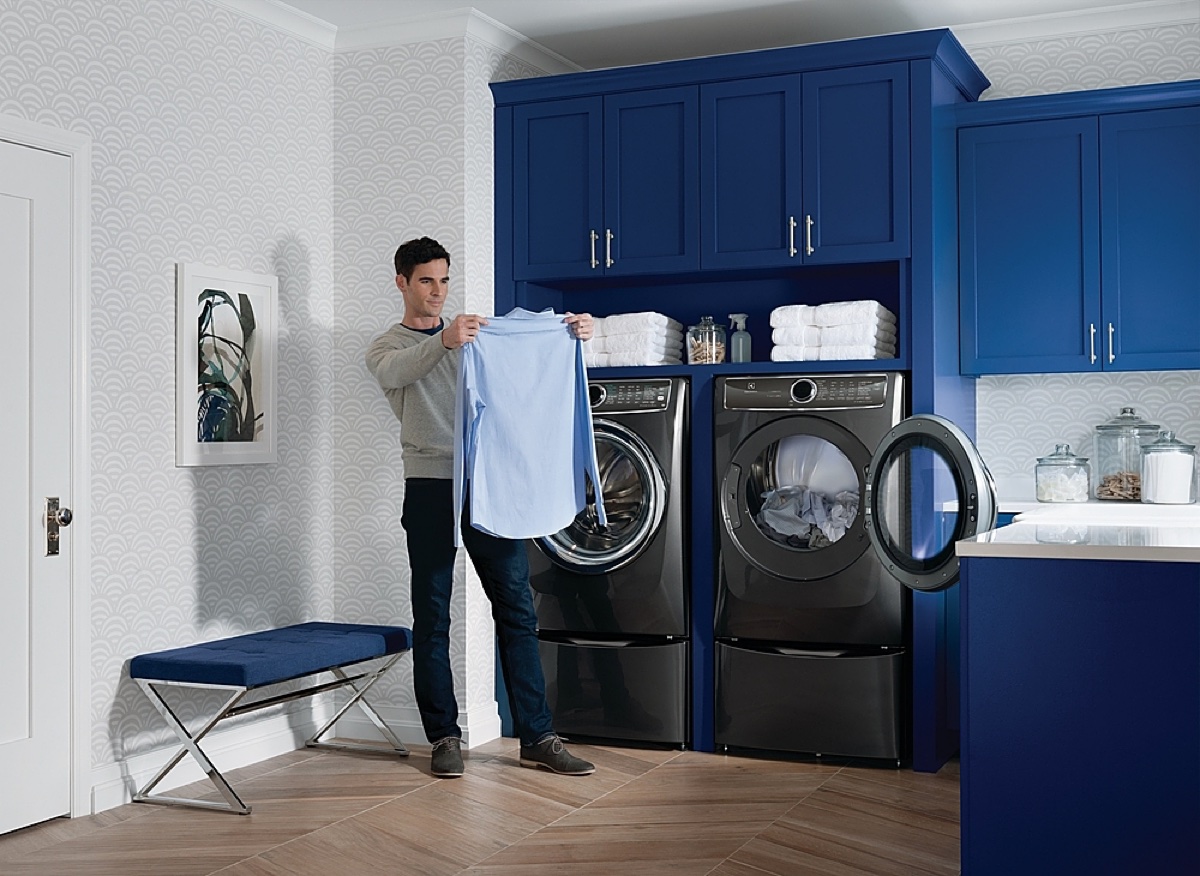
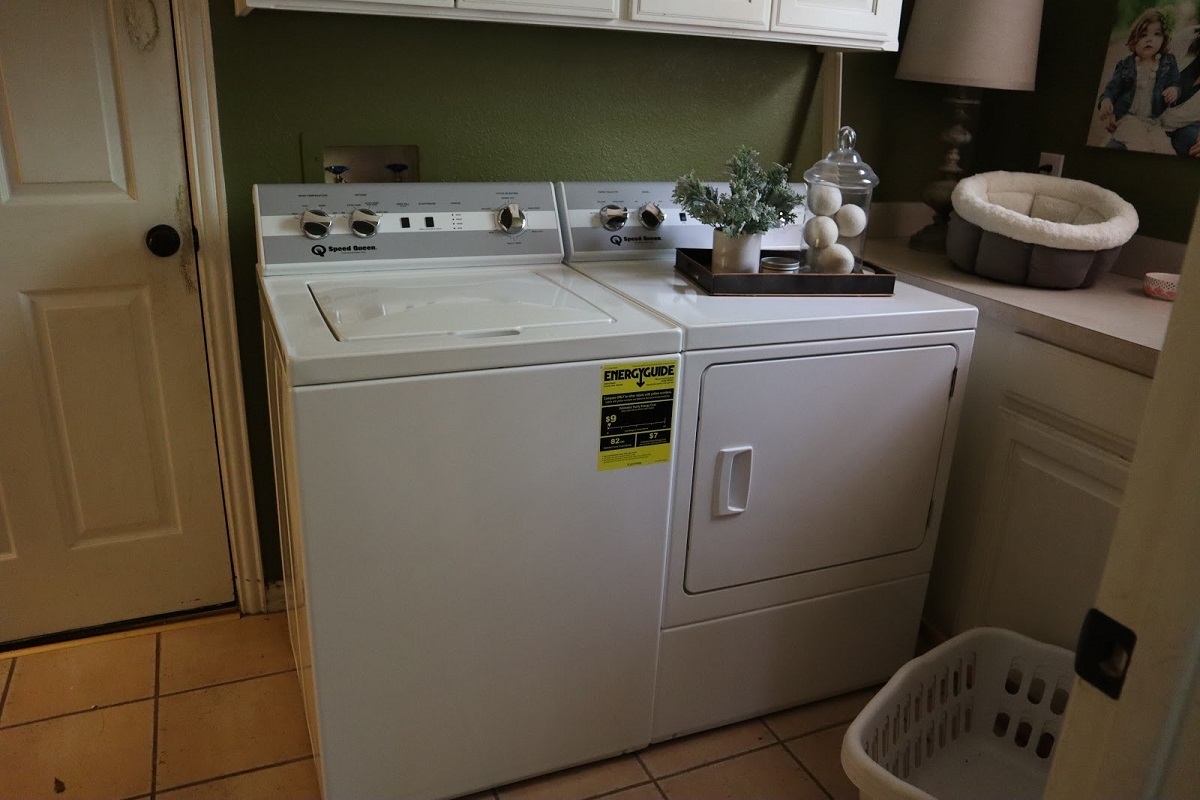
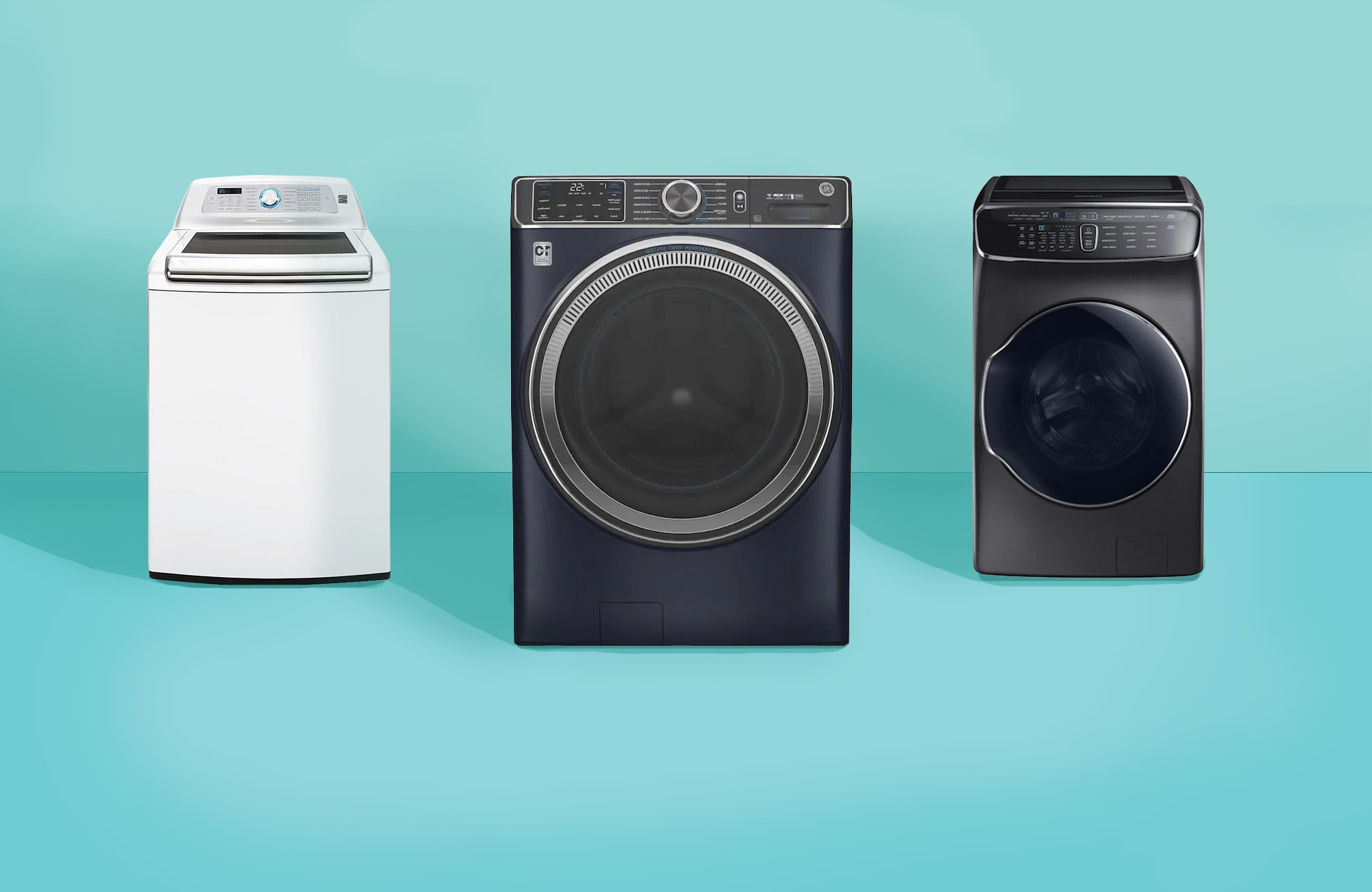
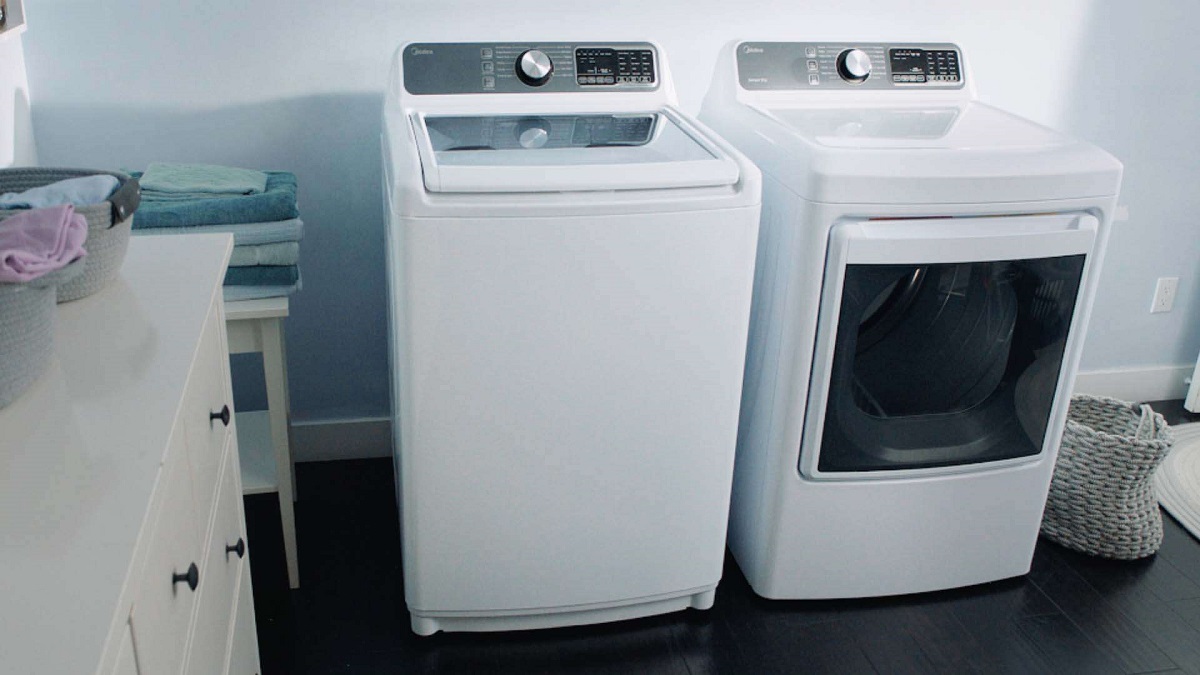
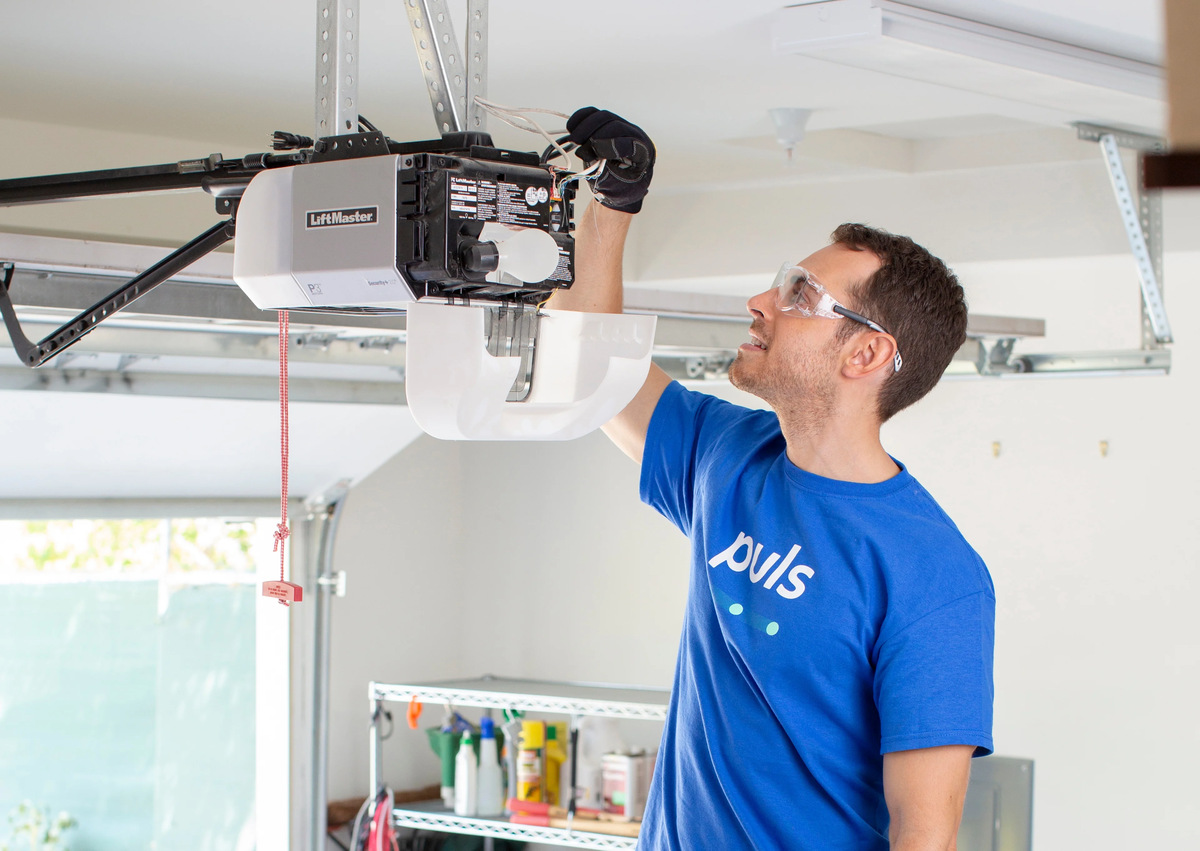

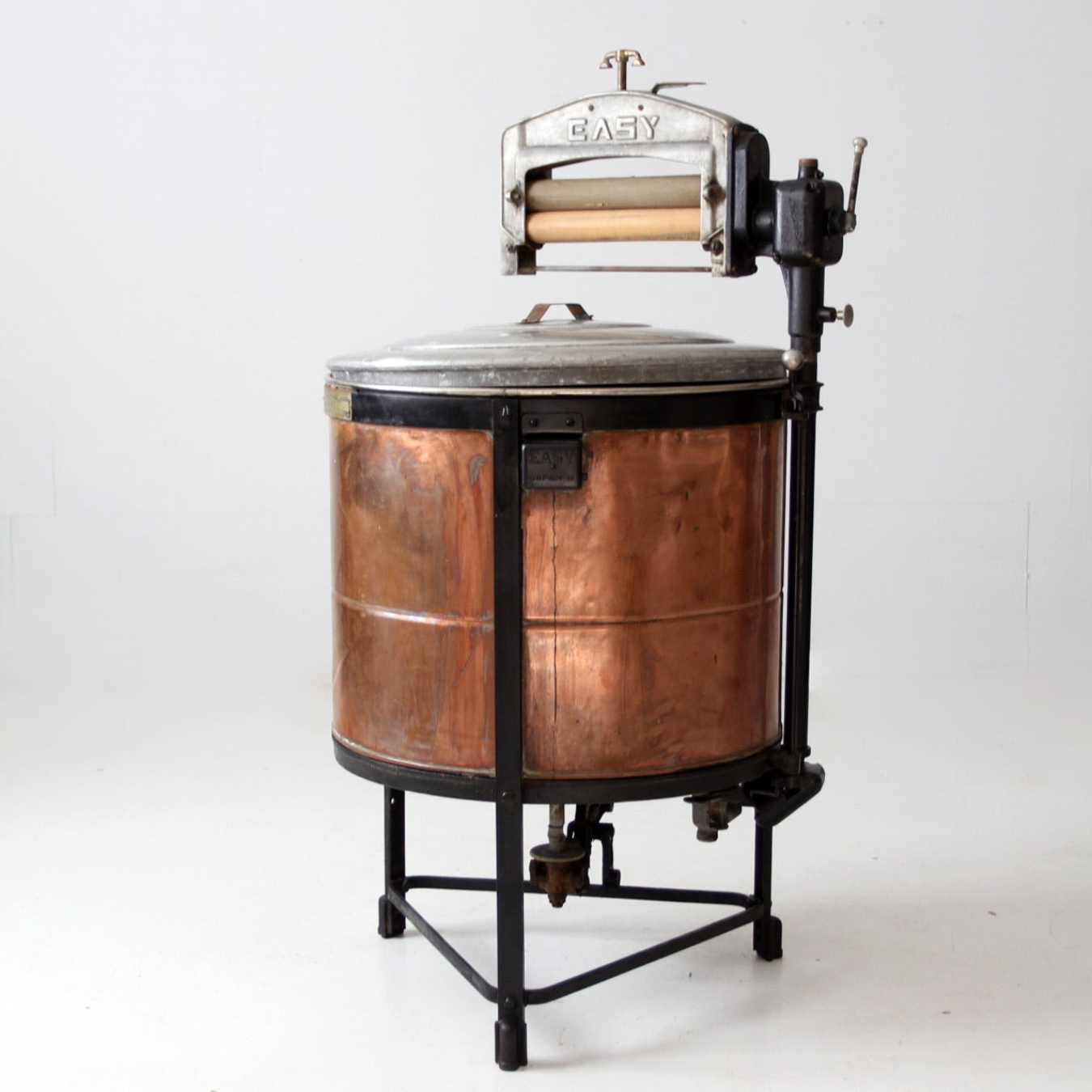
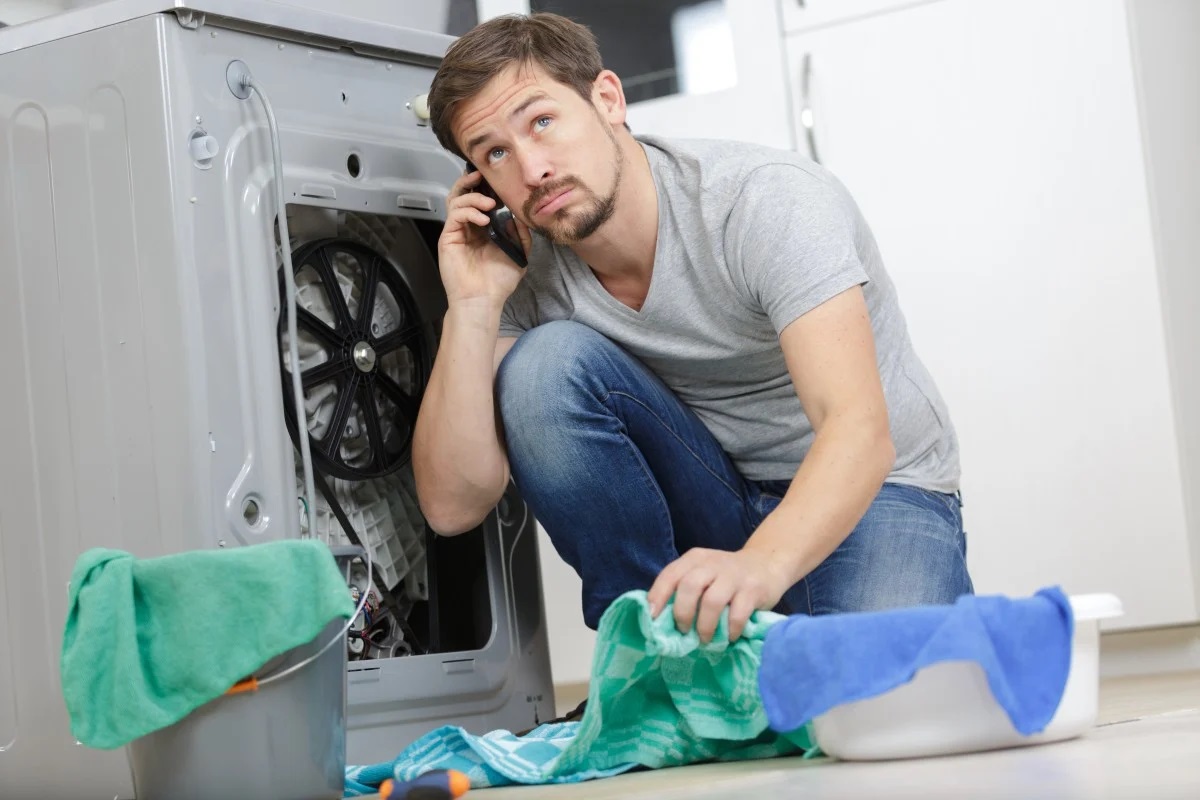
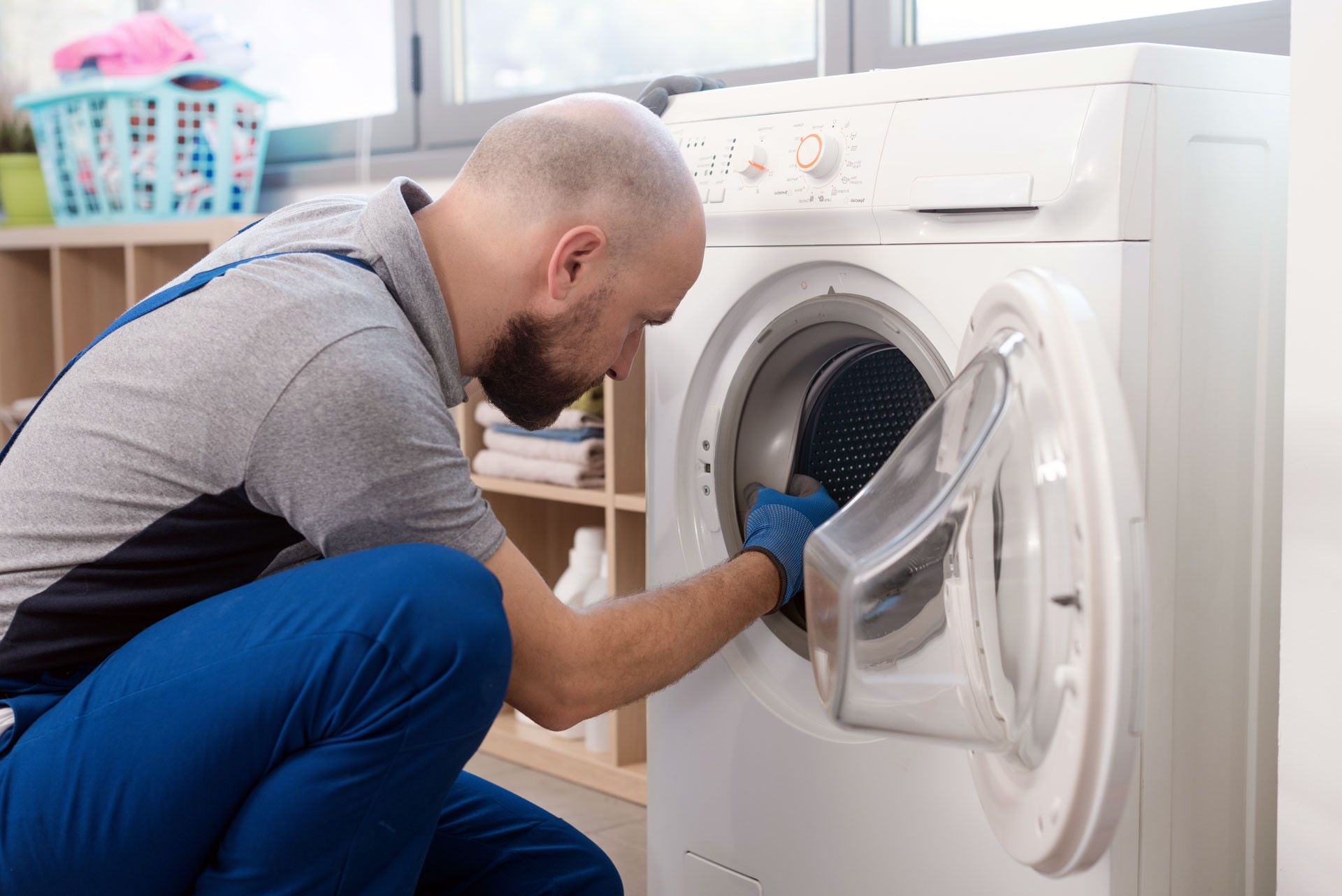

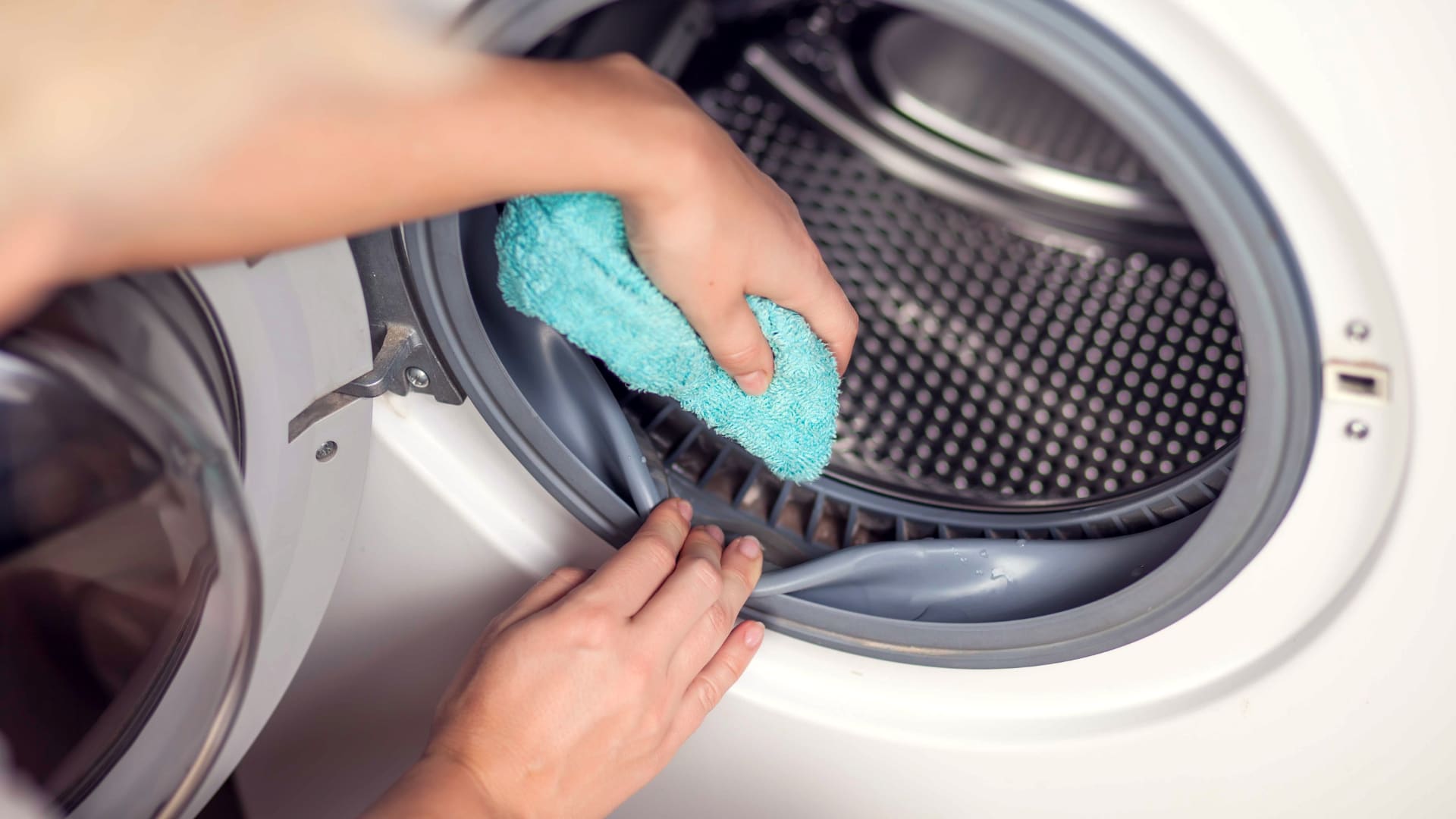

0 thoughts on “Who Can Fix A Washing Machine”